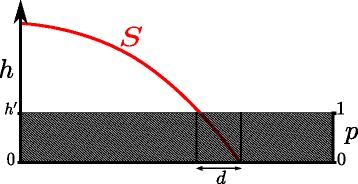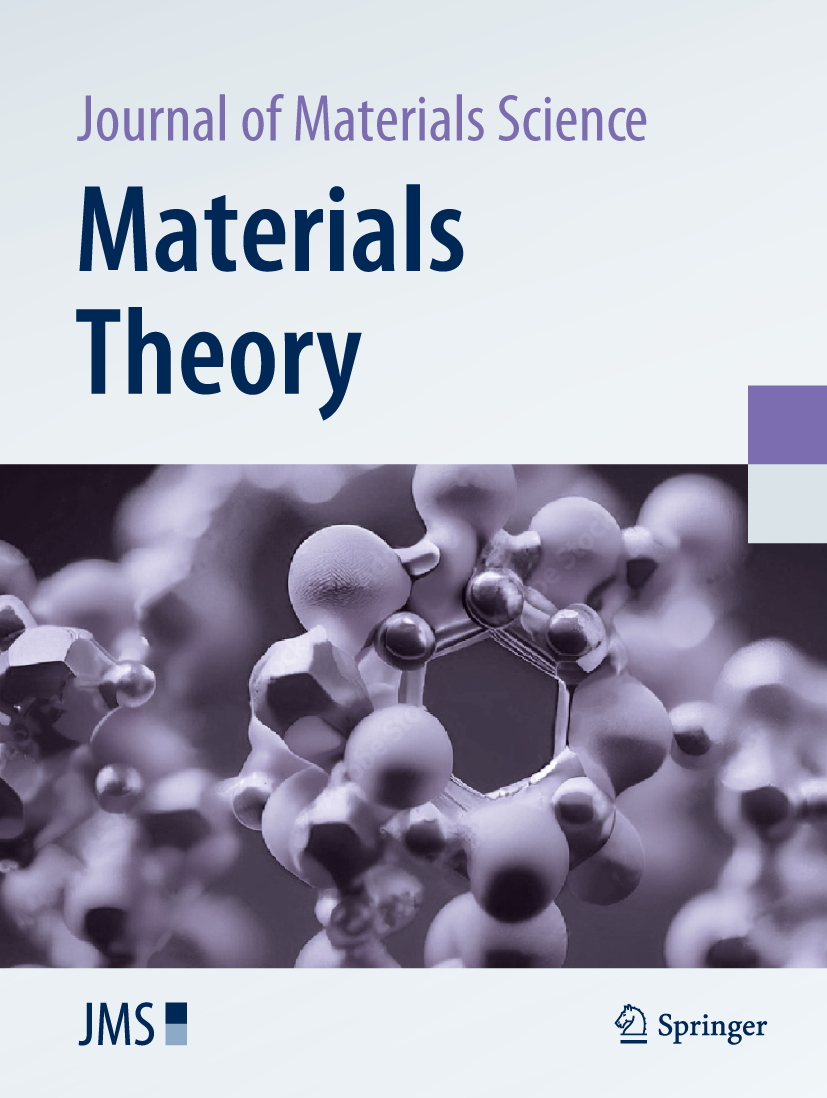A novel model of third phase inclusions on two phase boundaries
引用次数: 6

两相边界上第三相夹杂物的新模型
本文章由计算机程序翻译,如有差异,请以英文原文为准。
求助全文
约1分钟内获得全文
求助全文
来源期刊
自引率
0.00%
发文量
0
期刊介绍:
Journal of Materials Science: Materials Theory publishes all areas of theoretical materials science and related computational methods. The scope covers mechanical, physical and chemical problems in metals and alloys, ceramics, polymers, functional and biological materials at all scales and addresses the structure, synthesis and properties of materials. Proposing novel theoretical concepts, models, and/or mathematical and computational formalisms to advance state-of-the-art technology is critical for submission to the Journal of Materials Science: Materials Theory.
The journal highly encourages contributions focusing on data-driven research, materials informatics, and the integration of theory and data analysis as new ways to predict, design, and conceptualize materials behavior.

 求助内容:
求助内容: 应助结果提醒方式:
应助结果提醒方式:


